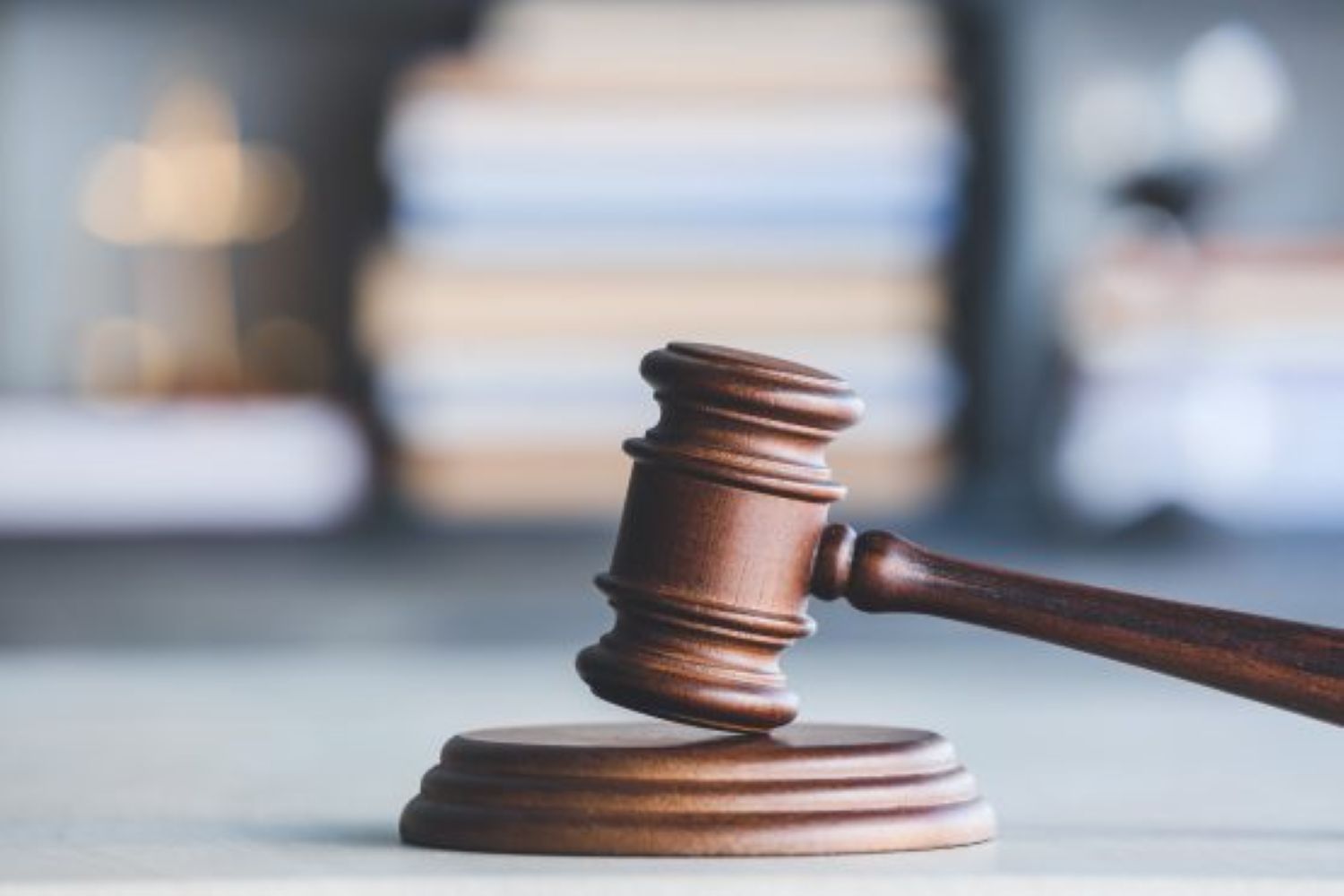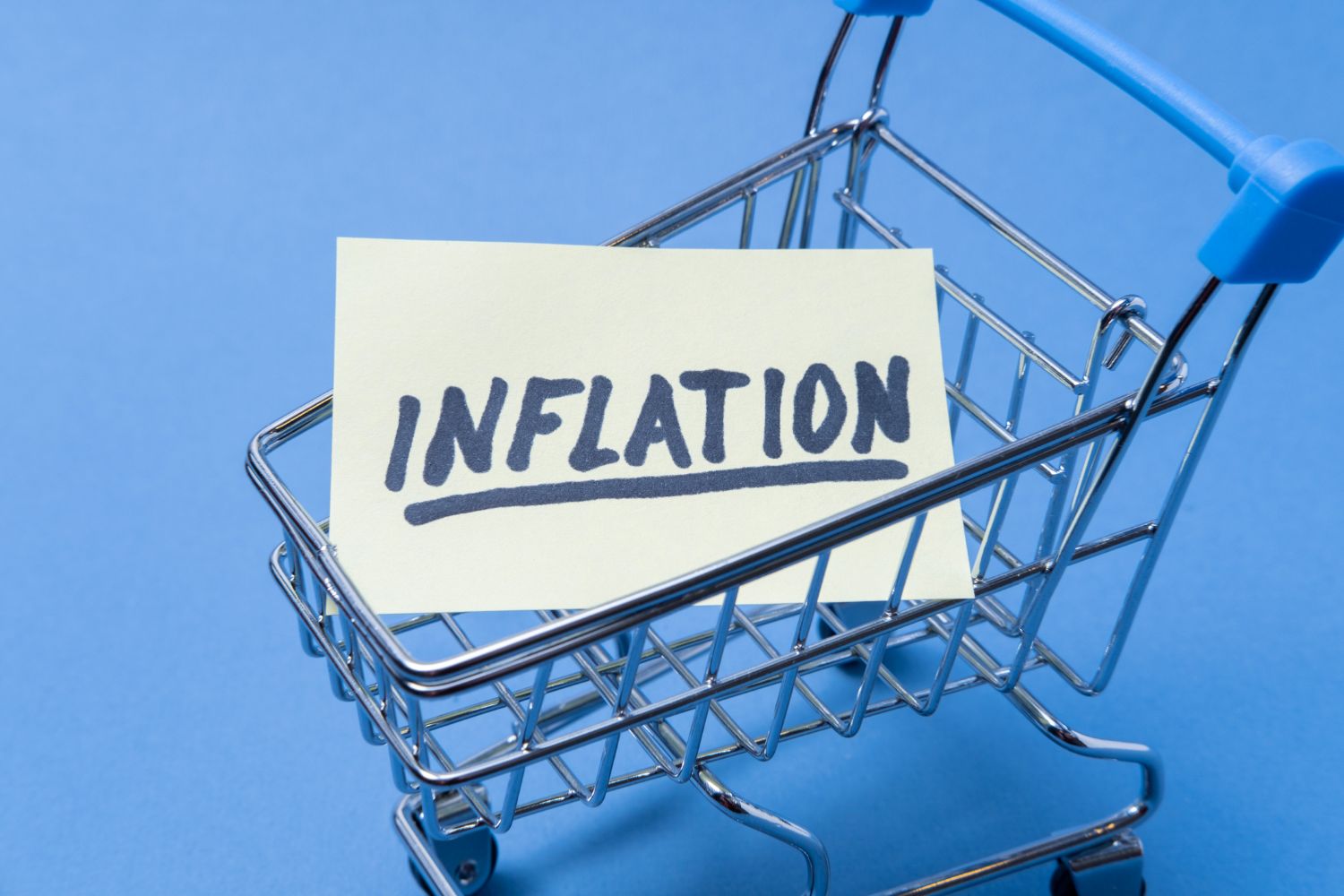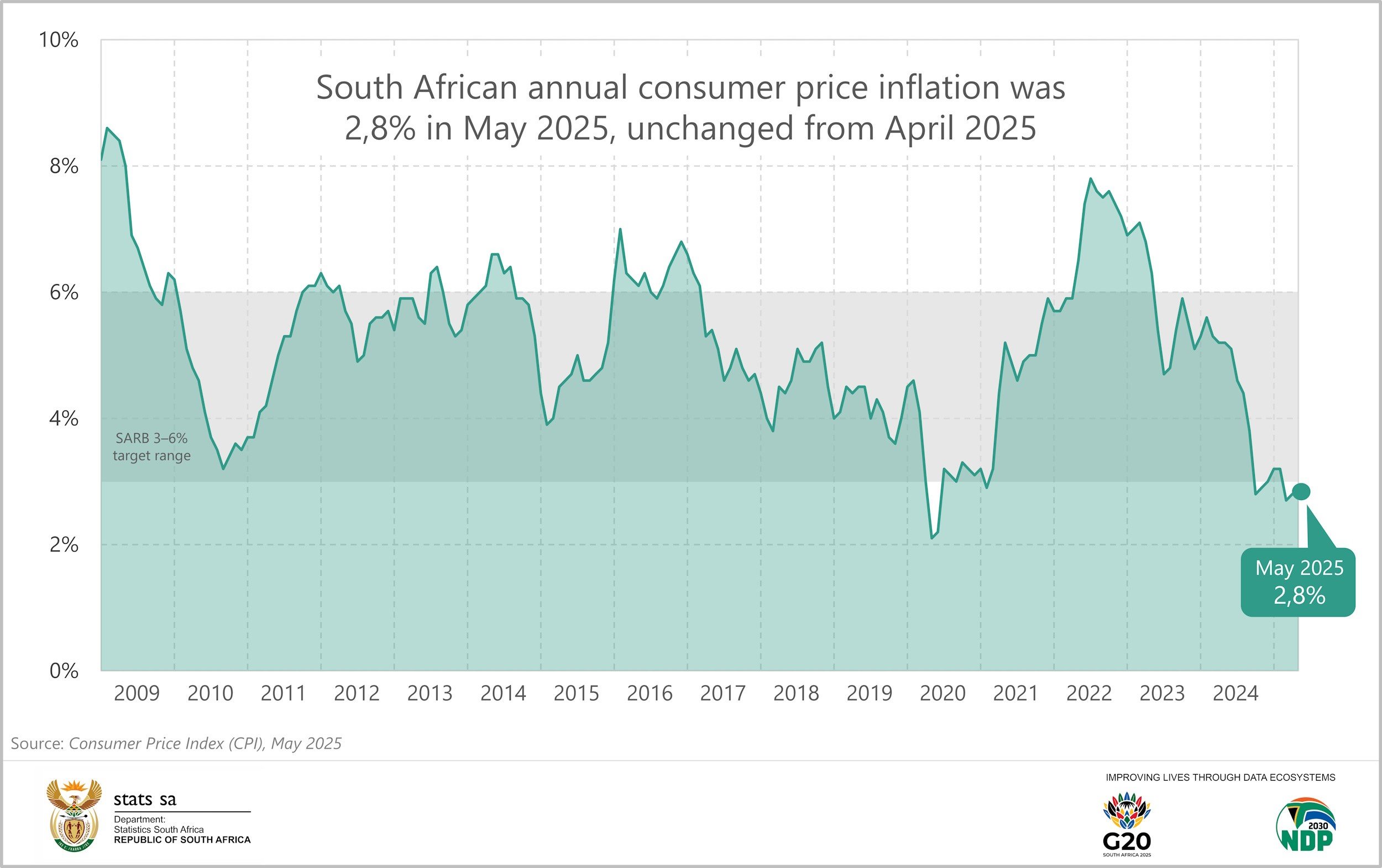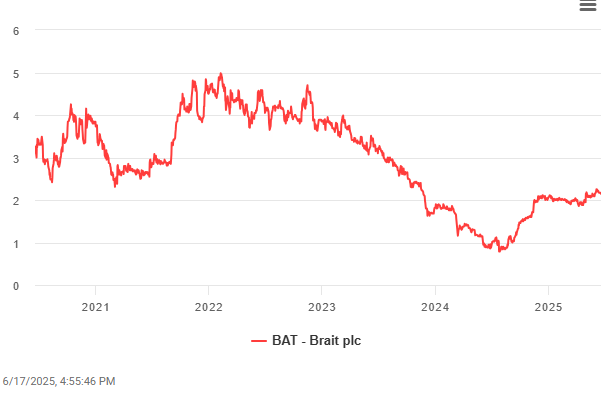The moment Nova enters liquidation, its entire debenture debt becomes due and payable.
One of Nova Property Group’s service providers has filed liquidation applications against the holding companies of six of its shopping centres – a move that could have serious consequences for former Sharemax investors.
If Nova, the entity responsible for repaying these investors (who became debenture holders in terms of the Sharemax rescue scheme), is placed under provisional or final liquidation, all outstanding debentures would become immediately due and payable.
Liquidation would also allow for a comprehensive investigation into the events that led to the group’s financial collapse and the conduct of its directors and other key stakeholders.
Bright Light Solar (BLS), a company that installed solar systems at several Nova shopping centres, filed the liquidation applications last week.
BLS claims Nova owes it more than R4 million in unpaid electricity bills and R80 million in penalties for contractual breaches. It further alleges that Nova acted in bad faith and has abused legal processes to delay payment.
“Given the respondent’s clear inability to pay its debts and its repeated attempts to delay enforcement, liquidation is the only appropriate remedy,” BLS CEO Kevin Shames claims in court papers.
“The respondent has repeatedly employed procedural tactics to evade its obligations, and the court should not permit further obstruction.”
ALSO READ: Nova breaches the Companies Act for the eighth straight year
Solar disputes and unpaid claims
According to court papers, BLS installed solar solutions at Nova’s Waterglen, Carletonville, Tarentaal, Witbank, Village and Florida shopping centres. In terms of the agreements, Nova would buy electricity from BLS at favourable tariffs for 25 years.
However, Shames claims that soon after the commencement of the agreements, Nova started to default on payments despite collecting payment from the shopping centres’ tenants. By May 2024 Nova was more than R4 million in arrears for all centres.
Shames claims that Nova and BLS later concluded a repayment agreement stipulating that Nova would settle its arrears by October last year.

However, Nova failed to make the payments and subsequently issued summonses against BLS for R4.3 million, claiming that BLS did not comply with an oral agreement concluded in October 2021 requiring BLS to install batteries at the centres. Nova also amended the summonses on several occasions.
Shames vehemently denies that such oral agreement was ever concluded and claims the summonses were only aimed at delaying repayment. “This was a coordinated and premeditated litigation strategy aimed at manufacturing a fictitious dispute where none existed in an attempt to obstruct the liquidation applications which had by that stage become inevitable,” he states.
BLS subsequently cancelled the electricity supply agreements and warned Nova that it may initiate liquidation proceedings.
However, Nova rushed to the court and obtained an urgent ex parte order interdicting BLS from initiating winding up proceedings. The court later set aside the interdict with a punitive cost order, and the judge criticised Nova for failing to provide full disclosure.
Shames labels these actions as abusive and in bad faith. “The abusive ex parte application [and] the mala fide proposed amendments to summonses demonstrate a pattern of conduct that was not initiated to pursue any genuine disputes but were instead a deliberate and bad faith attempt to obstruct legitimate winding-up proceedings.”
ALSO READ: Irba surprisingly withdraws SCA application to appeal former Sharemax auditors’ judgment
Nova to defend
Nova chair Connie Myburgh claimed in response to Moneyweb questions that BLS’s applications are “vexatious, opportunistic and without merit”.
“The applications are an abuse of legal process, launched merely for the sake of embarrassing and extorting the Nova Group, under circumstances where Bright Lite Solar [sic] is owed nothing by the said subsidiaries, and there are serious factual disputes between the subsidiaries and Bright Light Solar, as set out in summonses issued by the subsidiaries against Bright Light Solar, late last year.”
Myburgh also stated that the Nova companies claim more than R80 million in damages from BLS.
“Notwithstanding the above disputes and damages claims, Bright Lite Solar [sic] deemed it appropriate to issue liquidation proceedings in a totally inappropriate manner, and merely as an extortive defence mechanism.”
He also stated that the liquidation applications do not render debentures payable. (Read Myburgh’s complete response here).
ALSO READ: Irba expert witness questioned at Sharemax disciplinary hearing
Debenture repayment obligations
If the Nova companies are indeed placed into provisional or final liquidation, the debentures will become immediately payable.
This is specified in the Nova Debenture Trust deed, which forms part of the Schemes of Arrangements (SoA) that tasked Nova with repaying former Sharemax investors.
The original SoA required Nova to repay investors by 20 January 2022, but the group was not in a financial position to do so. The board claimed it had complete discretion to delay repayments – a position disputed by the Companies and Intellectual Property Commission (CIPC) and the group’s auditors at the time.
According to Nova’s most recent set of annual financial statements (AFS) for the year to the end of February 2024, outstanding debentures amounted to R2.2 billion.
ALSO READ: SA’s most spectacular case of corporate capture
Not the first liquidation application
BLS is not the first company to initiate winding-up proceedings against Nova subsidiaries.
In 2023, the Quatro Group – which provided security, cleaning, and related services to Nova shopping centres – applied to liquidate 12 Nova entities after the group failed to settle outstanding payments. Quatro later withdrew the applications following a settlement agreement with Nova. However, Nova has yet to honour the agreed repayment.
The City of Mbombela cut the electricity supply to two shopping centres for non-payment of their municipal bills in 2023.
The City of Mbombela cut the electricity supply to two of Nova’s shopping centres in Nelspruit due to the non-payment of its municipal account. This photo shows a notice on the door of the Bazaruto restaurant in Courtside, which had to close its doors. Image: Lowvelder
The most notable failure by Nova to pay its debts involves the bridging finance group Beneficio. This case also saw numerous legal challenges from Nova.
The case dates back to the late 2010s when Nova borrowed money from Beneficio at an astronomical interest rate of 1% per week as commercial banks refused to lend money to Nova.
Nova defaulted on repayments in 2020, prompting Beneficio to sue for about R60 million.
However, as in the current BLS case, Nova counter-sued, claiming the interest rate was usurious. However, the High Court and the Supreme Court of Appeal have dismissed all of Nova’s applications. Nova has now approached the Constitutional Court, which means the legal process has been dragged out for more than five years.
ALSO READ: Liduidators sue Highveld Syndication BRP and Nova chair for R110m
Nova’s financial position
It is perhaps not surprising that Nova is facing liquidation applications. Its most recent AFS revealed a factually insolvent company. The liabilities exceeded its assets by R90 million, while the short-term liabilities amounted to R323 million, which included R188 million due to creditors, R74 million to repay loans, and outstanding tax of R62 million.
The company ended the year with accessible cash of R600 000 in its bank account.
Nova chair Connie Myburgh (left) and Nova CEO Dominique Haese. Image: Moneyweb
Nova’s financial position has deteriorated significantly since 2022, when the CIPC forbade the company from selling more fixed assets.
That came after Nova sold 19 of the 28 investment properties it was entrusted with (mostly shopping centres). According to Moneyweb’s calculations, the total proceeds from these sales amounted to R636 million, of which only R176 million was returned to debenture holders.
Since 2018 alone, Nova has generated R350 million from asset disposals – but has paid only R96 million to settle debentures. Nova ostensibly used the balance of around R460 million to fund operational expenses.
ALSO READ: The dark underbelly of the business rescue industry
Millions more for directors if Nova continues to trade
The only winners in the Nova saga seem to be the executive directors.
Myburgh and CEO Dominique Haese have collectively earned R100 million from the scheme’s inception in 2012 to February last year, roughly R50 million each.
Nova has always contended that its remuneration is market-related.
Trustee response
Jean-Pierre Tromp, the trustee of the Nova Debenture Trust who acts on behalf of debenture holders, said: “As this is the second set of liquidation applications in two years, it echoes the concerns I raised with the CIPC as to whether the Nova Group is still a going concern.”
He is also concerned that Nova may offer some of the property assets in the group as security as part of a settlement agreement, which would be to the detriment of debenture holders.
Tromp added that the application wasn’t surprising as Nova’s latest AFS shows that debt levels have increased to a “very worrisome level”.
“I have serious doubts as to whether the executive directors are managing the group of companies to the benefit of the debenture holders. I also question the role the independent directors are supposed to fulfil in an oversight function as per King IV [corporate governance code].”
ALSO READ: NPA asks Hawks to reopen Sharemax investigation
CIPC investigation into Nova’s solvency has ground to a halt
Nova’s financial distress and failure to repay debenture holders led the CIPC to intervene in 2021, issuing directives for the company to prove it wasn’t trading insolvently and later barring further asset sales. Nova appealed to the Companies Tribunal, where the matter remains unresolved.
The CIPC broadened the scope of its investigation into Nova to include the role regulators, such as the South African Reserve Bank, played in the collapse of Sharemax and other failed property syndication schemes. This “inter-regulatory” process has since stalled, and has consequently delayed action against Nova as its financial position worsens.
Moneyweb queried the CIPC about Nova’s 2024 financials before learning of Bright Light Solar’s liquidation application.
In response, Ndileka Cola of the CIPC stated that the “Commission continues to monitor the financial performance and conduct of Nova PropGrow Group Holdings Ltd”.
“Enforcement action against the board is being actively considered based on the company’s financial position, cash flows, and governance conduct.”
Moneyweb asked the CIPC last week whether it was aware of the liquidation application, at which point Cola terminated communication. “Subsequent to the response sent to you last week, please be informed that the CIPC will not be communicating on this matter until it has been concluded,” she wrote in a statement.
ALSO READ: Jacques Pauw calls AfriForum ‘outright stupid’ on Modise, calls for Sharemax prosecution
Harrison and White
Concerns about Myburgh’s involvement in the timing of liquidation proceedings have previously surfaced in other cases.
During the 2010s, Myburgh served as a legal advisor to Harrison and White (H&W), a company placed in liquidation in 2017. A Section 417 inquiry into the events preceding the liquidation found that Myburgh had “colluded with the company’s directors and management” to delay an inevitable liquidation application by more than three-and-a-half years, giving time for the company’s assets to be stripped.
The Master of the High Court subsequently referred the Section 417 report to the National Prosecuting Authority to investigate possible fraudulent conduct by several individuals, including Myburgh.
At the time, Myburgh denied wrongdoing and accused Moneyweb of unlawfully publishing the Section 417 report.
This article was republished from Moneyweb. Read the original here.














